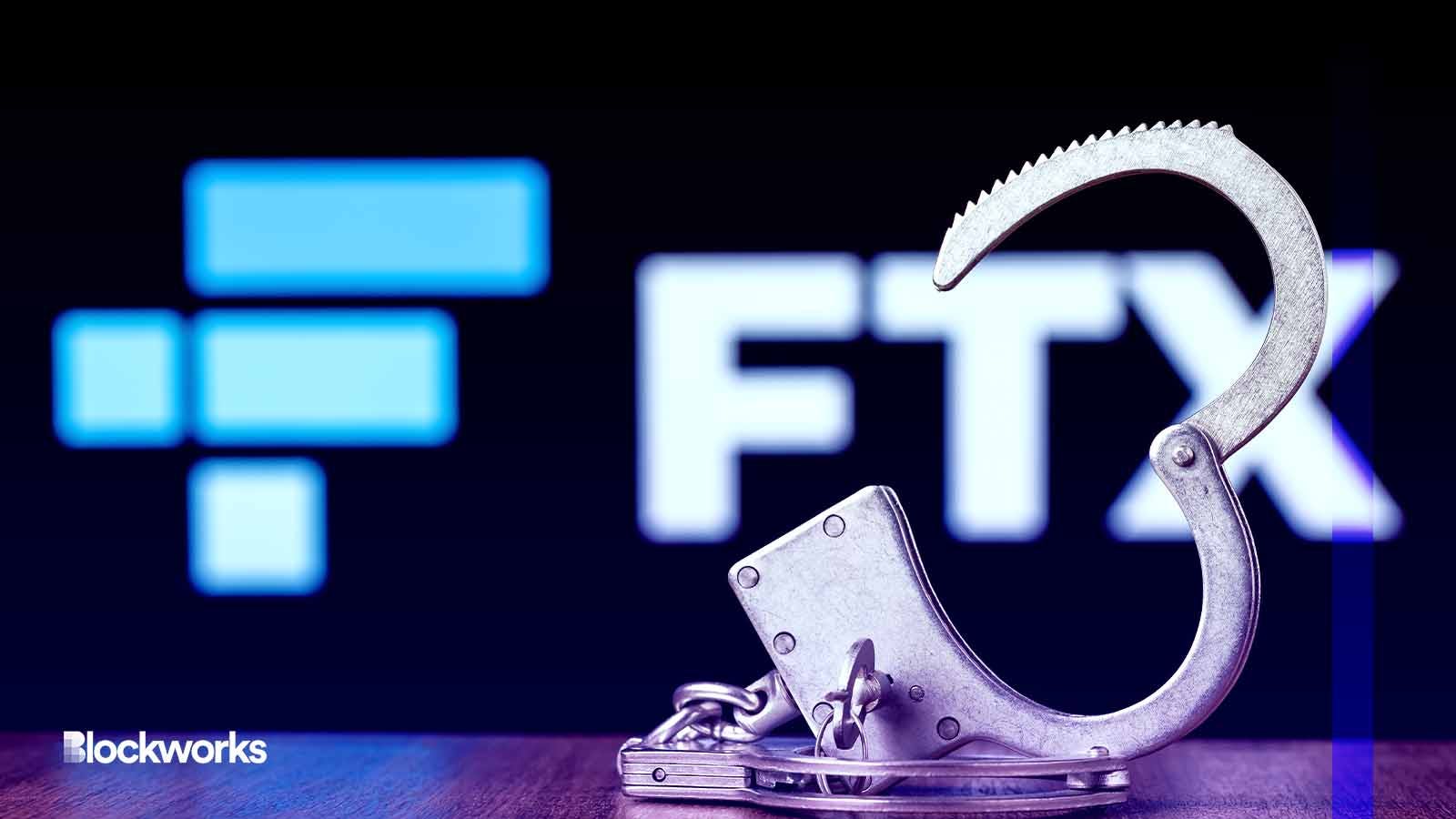Sam Bankman-Fried’s lawyers object to ‘inadequate’ discovery plan
Lawyers for SBF have filed multiple letters with the court since his bond was revoked

Sergei Elagin/Shutterstock modified by Blockworks
Lawyers representing Sam Bankman-Fried filed a letter with the court on Friday requesting a temporary release for Bankman-Fried.
Additionally, the defendants complained about the government’s lawyers producing 4 million pages of discovery.
His lawyers referred to the additional discovery as “fundamentally unfair” and noted that the most recent discovery dump comes months after the deadlines that had been represented to the court.
If the court were to side with the defense on its motion, then the government could be prohibited from using the discovery, which allegedly contains “pages of documents from the defendant’s Google accounts” in the trial.
“The plan is plainly inadequate and violates Mr. Bankman-Fried’s Sixth Amendment right to participate in preparing his defense and his right to receive effective assistance of counsel,” the lawyers said.
The Aug. 25 letter claims that Bankman-Fried was spending roughly 80 to 100 hours a week helping to prepare his defense prior to being detained at the Manhattan Detention Center.
Bankman-Fried’s counsel previously objected to the discovery plan outlined by the government’s lawyers in a letter dated Aug. 18. His lawyers pushed to let Bankman-Fried meet with his attorneys outside the detention center five days a week.
However, in the most recent letter, the defense notes that allowing Bankman-Fried to meet with his counsel five days a week — as previously suggested — would be an acceptable compromise if the court declines to grant a temporary release.
The lawyers claimed that the trial prep time was “entirely inadequate.” They further argued that Bankman-Fried would be unable to participate in his own defense under the proposal.
The submitted letter redacted a large portion of the government’s proposal, making it unclear what exactly the defense objected to. Although certain details — such as the government suggesting a 2-day discovery review schedule, which is lower than the five suggested by the defense — were left in.
Bankman-Fried’s lawyers further claimed that, without access to the full discovery or access to Google Docs or email, the defense is put in an “impossible position” and deprived “of the ability to provide effective assistance of counsel.”
An Aug. 26 letter signed by the judge overseeing the case — Judge Lewis Kaplan — gave the government until Aug. 29 to respond to the Aug. 25 letter. The Court will also hold a virtual hearing on the letters and the motion to introduce further evidence after July 1 on Aug. 30.
Bankman-Fried’s $250 million bond was revoked earlier this month by Judge Kaplan, who ordered him to jail. His lawyers have since appealed the decision.
Bankman-Fried’s trial is set to begin in early October in New York. The US government has accused him of orchestrating a scheme leading up to the infamous collapse of FTX. The charges include wire fraud, securities fraud, and money laundering.
Bankman-Fried pled not guilty to seven fraud and conspiracy charges in a Manhattan federal court on Aug. 22.
Get the news in your inbox. Explore Blockworks newsletters:
- The Breakdown: Decoding crypto and the markets. Daily.
- 0xResearch: Alpha in your inbox. Think like an analyst.






